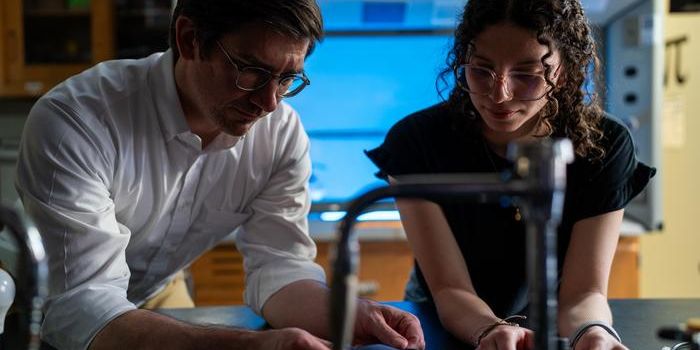One dollar kit diagnoses COVID-19 in 10 minutes
Researchers have begun efficacy testing for a new SARS-CoV-2 diagnostic kit that claims to be able to test for COVID-19 infection in just 10 minutes. In the absence of approved COVID-19 vaccines or antiviral therapies, a cost-effective and widely-available diagnostic kit is the best bet for flattening the curve, particularly in cities about to be hit hard by the ongoing pandemic.
Once the diagnostics are found to meet stringent regulatory standards, the kit’s creators plan to mass-produce the tests in Senegal and United Kingdom. They are projected to be available for distribution in Africa as early as June.
The test’s developers will sell the kits at the cost price of just $1, a feat made possible with funding support from both the UK government and the Bill and Melinda Gates Foundation.
Slowing the spread of the contagion by allowing public healthcare systems to test populations for COVID-19 quickly and accurately has been among the most pressing priorities for many cities in the throes of a pandemic. Rural communities lacking access to specialized diagnostic laboratories will face even bigger challenges should an outbreak occur in their area.
The newly developed coronavirus test aims to address this issue by allowing an individual to test for the virus with either a saliva sample or finger prick, all from the comfort of home. The saliva swab method is appropriate for those suspected of having an active infection and works by detecting the presence of viral particles. The blood test would help post-symptomatic individuals to confirm their COVID-19 infection and reduce the risk to their families by checking for circulating antibodies against SARS-CoV-2.
Experts warn that a surge in cases could completely overwhelm health systems in developing countries, a situation that will only be exacerbated by sanitation issues and food supply shortages. The hope is that developments in diagnostic technology such as this will help abate potential outbreaks across the globe and provide a durable solution for what is shaping up to be a long-term problem.
Source: Al Jazeera.









